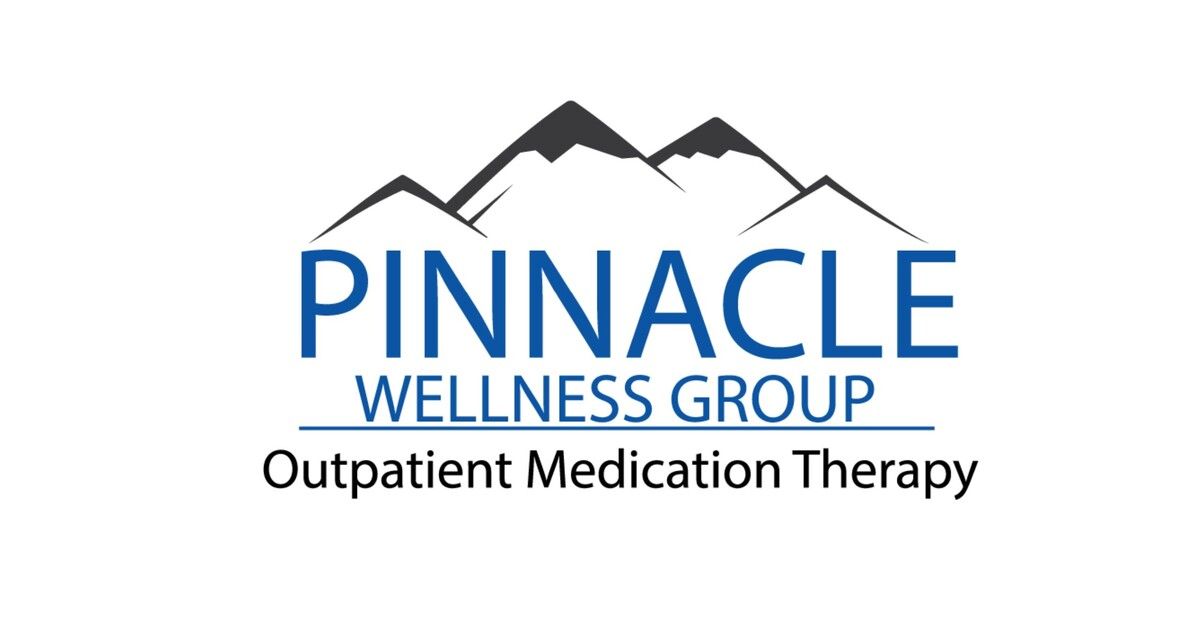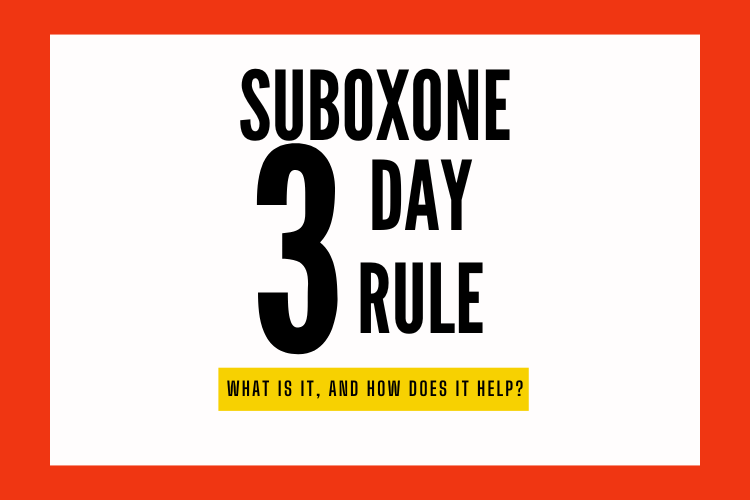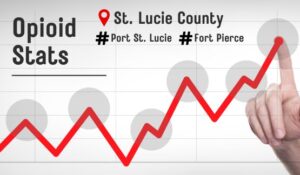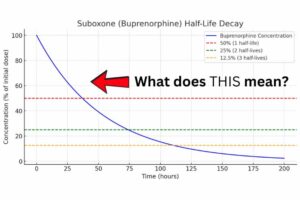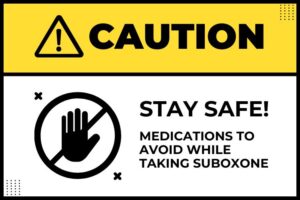For individuals battling opioid addiction, the road to recovery can seem overwhelming. Medication-assisted treatment (MAT) offers a beacon of hope, providing immediate relief from severe withdrawal symptoms. It also helps guide patients toward long-term recovery. A key provision of this process is the Suboxone 3-day rule. It’s a federal regulation permitting non-certified healthcare providers to administer Suboxone for up to 72 hours in emergency situations. This rule plays a crucial role in bridging the gap between crisis management and ongoing care.
At Pinnacle Wellness Group in Port Saint Lucie, Florida, we fully understand the value of this rule. We also understand how it offers patients a lifeline during challenging moments. This article will explore the Suboxone 3-day rule, its benefits, and why it’s essential for individuals to connect with clinics like ours for comprehensive care that goes beyond the emergency period.
What Is the Suboxone 3-Day Rule?
The Suboxone 3-day rule, established by the Drug Enforcement Administration (DEA), allows healthcare providers who are not authorized to prescribe Suboxone to administer it for up to 72 hours in emergency situations. This provision offers immediate relief to individuals suffering from opioid withdrawal. It ensures they can stabilize and seek more permanent treatment solutions. Under this rule, healthcare providers can only administer the medication one day at a time. Treatment is strictly limited to three consecutive days.
For individuals in crisis, this rule represents a critical period of stabilization. It provides relief from the discomfort and danger of opioid withdrawal. Following this 72-hour window, patients must transition into a certified Suboxone treatment program. Programs such as those offered by Pinnacle Wellness Group can offer long-term care and support.
Why Is the Suboxone 3-Day Rule Important?
The importance of the Suboxone 3-day rule cannot be overstated, as it provides immediate intervention in emergencies. Opioid withdrawal is a physically and emotionally taxing experience. It often leads individuals to relapse in their efforts to avoid the painful symptoms. The rule ensures that healthcare providers can offer legal and effective relief without delay. This gives individuals the opportunity to stabilize before being introduced to comprehensive treatment programs.
At Pinnacle Wellness Group, we view the 3-day rule as a stepping stone. By providing immediate support during this crucial time, patients are less likely to relapse. They then have the chance to explore long-term recovery options. This rule ensures that even individuals who have not yet engaged in formal treatment receive the help they need to take the first step toward sobriety.
How Suboxone Works
Suboxone is a combination of two medications: buprenorphine, a partial opioid agonist, and naloxone, an opioid antagonist. Buprenorphine helps reduce cravings and withdrawal symptoms by partially stimulating opioid receptors in the brain without producing the euphoric high associated with full opioid agonists like heroin or prescription painkillers. Naloxone, on the other hand, helps prevent misuse of the medication by blocking the effects of opioids if the drug is injected.
During the 3-day emergency period, Suboxone offers immediate relief from the most distressing withdrawal symptoms. This reduction in symptoms is crucial because it lowers the risk of relapse or overdose, giving individuals a clearer path forward. However, while Suboxone can stabilize patients during this initial period, it’s only the beginning of a long-term treatment process that addresses the root causes of opioid use disorder.
Connecting the Suboxone 3-Day Rule with Long-Term Recovery
The Suboxone 3-day rule provides a short-term solution. However, recovery from opioid addiction requires a more comprehensive and sustained approach. That’s where Pinnacle Wellness Group comes in. We offer a full spectrum of services designed to support individuals’ transition from emergency treatment to long-term recovery.
Once the initial 72 hours have passed, patients are encouraged to enter a medication-assisted treatment (MAT) program. These programs offer continued access to Suboxone, along with psychological support, medical oversight, and counseling services. Long-term recovery is about more than just managing withdrawal symptoms. Long-term recovery requires addressing the underlying behavioral and psychological issues associated with addiction.
Our clinic provides a range of services designed to help patients build a foundation for lasting recovery, including:
– Ongoing Suboxone treatment to ensure patients remain stable and avoid relapse.
– Individual and group counseling to help patients process the emotional and mental aspects of addiction.
– Regular medical check-ups to monitor patient progress and adjust treatment plans as needed.
Why Long-Term Treatment is Essential
While the Suboxone 3-day rule offers immediate relief, it’s not a substitute for long-term treatment. Addiction is a chronic condition, and like any chronic illness, it requires ongoing management and support. Here’s why making the transition to a long-term treatment program is so important:
– Stability: Suboxone helps stabilize patients during withdrawal, but without ongoing treatment, they are at risk of relapse. Long-term treatment ensures that patients continue to receive the support they need to maintain their sobriety.
– Medical Oversight: Suboxone dosages need to be carefully managed to prevent misuse or complications. Regular medical check-ups ensure that patients are on the correct dosage and that their treatment plans are adjusted as they progress.
– Counseling and Support: While Suboxone helps with the physical aspects of addiction, recovery is also about addressing the emotional and psychological aspects. Counseling helps patients develop coping strategies, build resilience, and create a support network that will sustain them through their recovery journey.
At Pinnacle Wellness Group, we provide the full range of services necessary to support patients from their first 72 hours through the rest of their recovery. Our clinic offers compassionate, personalized care, helping individuals build the skills and support networks they need to maintain their sobriety in the long term.
Why Choose Pinnacle Wellness Group in Port Saint Lucie?
When seeking treatment for opioid addiction, it’s essential to choose a clinic that offers comprehensive, individualized care. At Pinnacle Wellness Group, we specialize in providing long-term support to individuals struggling with opioid addiction. Our team is trained and certified in the use of Suboxone and other medication-assisted treatments. We ensure that patients have access to the best care available.
Our clinic stands out for several reasons:
– Expertise in Medication-Assisted Treatment (MAT): Our healthcare providers are certified in Suboxone treatment, ensuring that patients receive the correct dosages and that their treatment plans are tailored to their individual needs.
– Supportive Environment: We pride ourselves on offering a welcoming and non-judgmental space where patients can feel comfortable seeking help.
– Focus on Long-Term Solutions: While the Suboxone 3-day rule offers a quick solution, we’re here to provide the long-term care necessary for sustained recovery. Our programs are designed to meet the needs of each individual, helping them build a foundation for a life free from addiction.
Take the First Step Today
If you or someone you know is struggling with opioid addiction, the Suboxone 3-day rule can provide the immediate relief needed to get through the toughest part of withdrawal. But recovery doesn’t stop there. At Pinnacle Wellness Group in Port Saint Lucie, we’re here to support you every step of the way, offering the long-term care necessary to achieve lasting sobriety. Don’t wait—contact us today to learn more about our services and how we can help you start your journey toward recovery.
FAQs
After the 72-hour period ends, patients must transition into a certified Suboxone treatment program for long-term care and support.
Yes, healthcare providers who are not authorized to prescribe Suboxone can administer it for up to 72 hours in emergency situations under this rule.
Suboxone is highly effective in reducing cravings and withdrawal symptoms, helping individuals stabilize and avoid relapse during the early stages of recovery.
Suboxone contains buprenorphine, a partial opioid agonist, and naloxone, an opioid antagonist, which together manage withdrawal without producing a high.
While the 3-day rule offers immediate relief, addiction is a chronic condition that requires ongoing care to prevent relapse and address the psychological aspects of recovery.
We offer a full range of services, including medication-assisted treatment, counseling, and regular check-ups, to help individuals maintain their sobriety and achieve long-term recovery.
